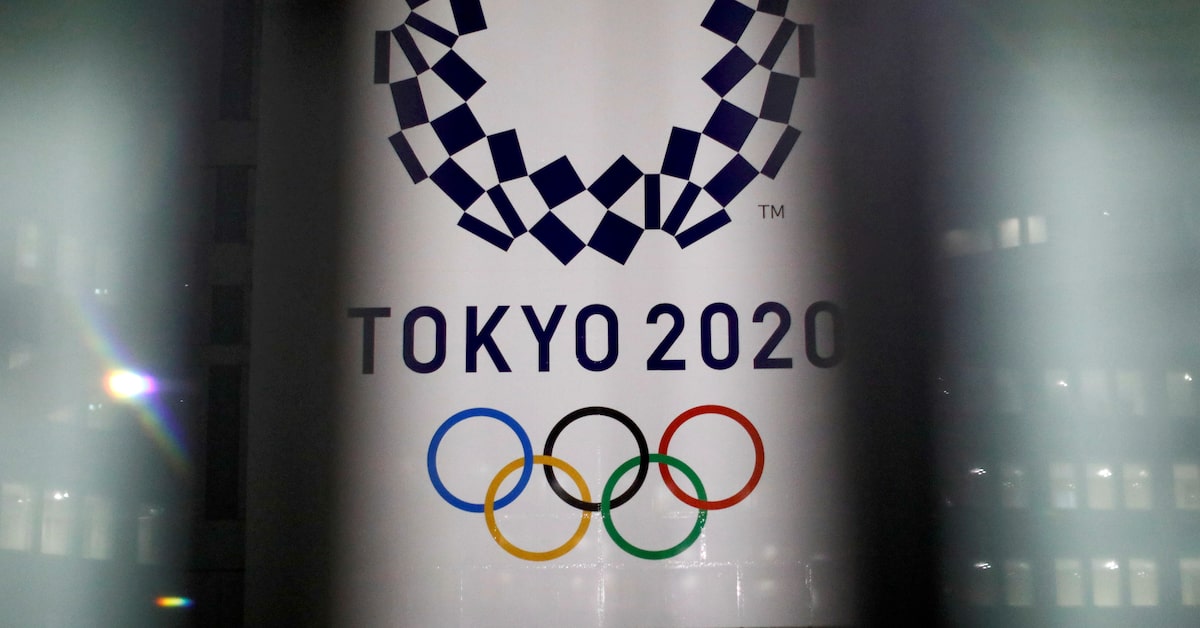BittyBug
Childless Cat Lady
- Messages
- 28,085
IIRC Worlds last year had no spectators. Neither did Skate America or Cup of China IIRC or U.S. Nationals. I watched and enjoyed them all.
Follow along with the video below to see how to install our site as a web app on your home screen.
Note: This feature may not be available in some browsers.
I don't think it's as simple as that (nor do I think intense fandom watching unattended events is truly comparable).Who cares about fans in the stands when you're watching from your sofa???
It's only the local hospitality and entertainment venues who will be really, really sad as they will lose that revenue from non-athlete spectators.
That might be the skating equivalent of being Rickrolled.I generally agree with this, but now and then, there is an exception.

Do they even have enough room in the athletes village for all of the athletes at once, or even for the maximum # of athletes who would need accommodation while isolating post-arrival ahead of their competition + the athletes in the midst of their competition?One of the things that puzzle me is why the athletes are even being allowed to stay in hotels. There is an Olympic Village. If they had been required to stay there, a system of post-arrival isolation and smaller bubbles might have worked better.
A major Australian athlete, tennis player Alex De Minaur, has tested positive and now has been denied entrance to the Olympics.
Pretty devastating for him and his fans.
There’s probably going to be a bit of this happening now that the mandatory testing is starting up.
 You train all those years and then you might just have bad luck (i.e., did everything right to protect yourself) and test positive and it's over.
You train all those years and then you might just have bad luck (i.e., did everything right to protect yourself) and test positive and it's over. 
I have no idea, but it isn't as if this were a new and unexpected problem. Something could have been done a year ago.Do they even have enough room in the athletes village for all of the athletes at once, or even for the maximum # of athletes who would need accommodation while isolating post-arrival ahead of their competition + the athletes in the midst of their competition?
It strikes me that the plans also assumed that overseas visitors would adhere to Japanese cultural norms. Or do younger Japanese people do fist bumps these days?Tokyo, and the airport, is on a bay. They should have booked several cruise ships with special ventilation systems and shuttled the athletes there while they waited for post-arrival negative tests for a few days. Staggered arrival windows, too.
It seems like the plans basically amount to hoping for the best.

Bach on Saturday drew a fresh round of ire amid reports that the Tokyo Olympic organizing committee plans to host a welcome party for Bach on Sunday evening with 40 guests, including high-profile politicians.
Critics responded online to reports of the welcome event by noting that the state of emergency urges members of the Japanese public not to gather in large numbers.
Among those invited are Japanese Prime Minister Yoshihide Suga, Tokyo Olympic organizing committee president Seiko Hashimoto and former Olympics chief Yoshiro Mori, who resigned earlier this year over sexist remarks he made about women, according to a report Saturday by NHK.
You are? I'm stunned it wasn't larger. This is the IOC we're talking about...I'm stunned that the IOC is hosting a welcome party for Thomas Bach with 40 people.
The dining facilities in most of the villages are usually large cavernous dining halls. I can't imagine the top athletes wanting to dine there. A hotel room has a lot more going for it in terms of limiting exposure.I have no idea, but it isn't as if this were a new and unexpected problem. Something could have been done a year ago.
The Tokyo Olympic village consists of newly constructed buildings; perhaps it could have been feasible to supplement that with existing student housing. The organizers of the 1984 Olympics in Los Angeles did not construct a new Olympic Village. They used existing student housing to house the athletes, and their successors will do so in 2028.
From a few athlete interviews that I've seen, the dining halls have plexiglass surrounding each seating position on 3 sides.The dining facilities in most of the villages are usually large cavernous dining halls. I can't imagine the top athletes wanting to dine there. A hotel room has a lot more going for it in terms of limiting exposure.
From a few athlete interviews that I've seen, the dining halls have plexiglass surrounding each seating position on 3 sides.
I think it's been determined that the plexiglass doesn't really help much though.From a few athlete interviews that I've seen, the dining halls have plexiglass surrounding each seating position on 3 sides.

Oh, that will satisfy everyone!"We have agreed that based on the . . . situation, we will convene five-party talks again. At this point, the . . . cases may rise or fall, so we will think about what we should do when the situation arises."

It's basically what they were saying all along. It's like when I tell my kid "We'll see" and they rightly point out that means No.
Tokyo boss won't rule out cancellation of Games
A last-minute cancellation of the 2020 Tokyo Olympics is still possible, the chief of the Games' organizing committee said. The announcement comes as more athletes tested positive for COVID-19.www.espn.com
Oh, that will satisfy everyone!

